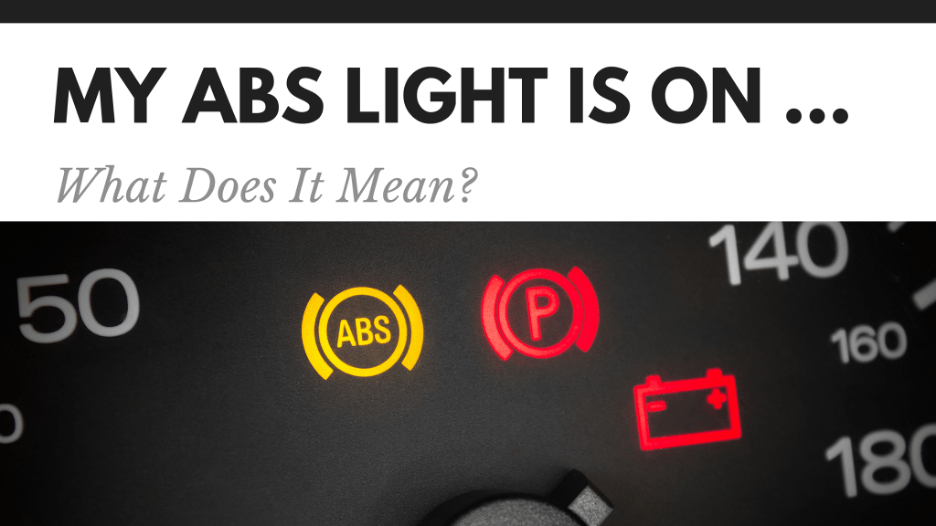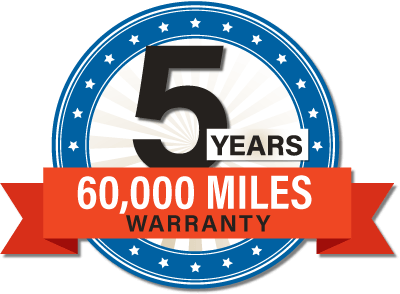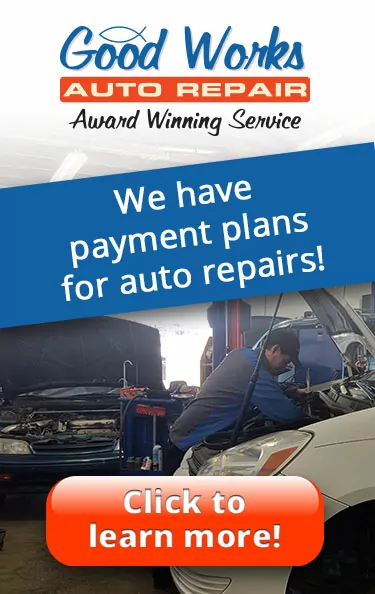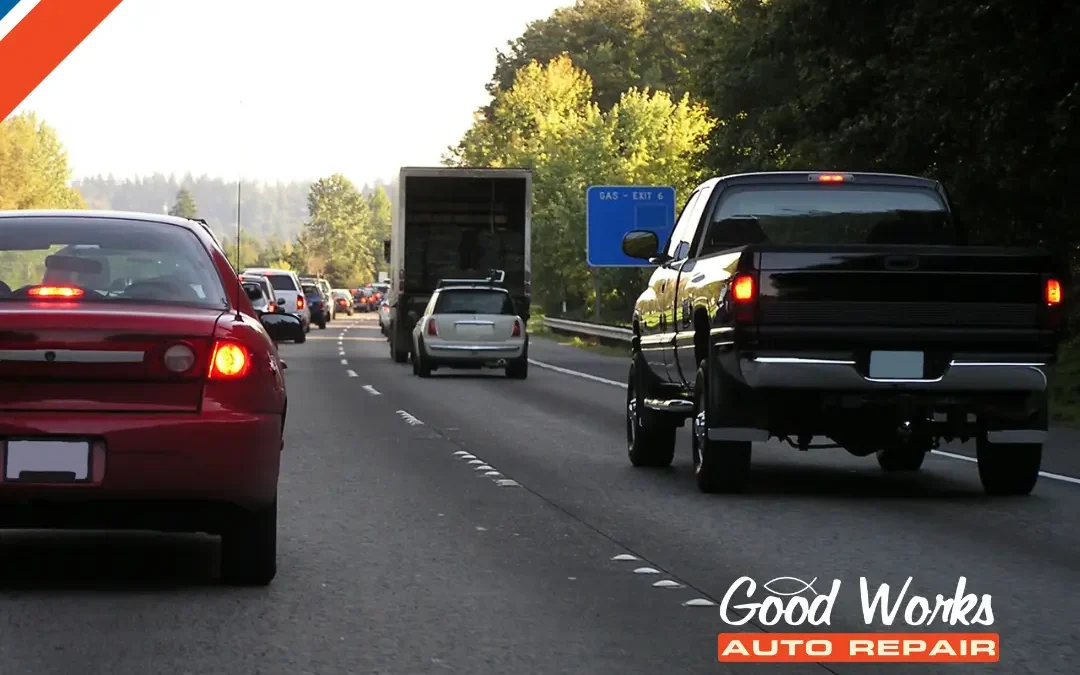The dashboard warning lights found in modern cars are a great feature. Rather than having a major catastrophe and being completely caught by surprise, these lights let you know that something is wrong with your vehicle.
Whether it’s the ABS light, check engine light, or something else altogether, it’s important to heed the warning. Depending on the light, your vehicle may need service to rectify a problem right away. Or, it could simply be an indication that service is warranted soon in order to prevent a bigger problem down the road. In any case, having a little knowledge about each light and what it means can help you make wise driving and vehicle maintenance decisions.
Today, let’s take a closer look at the ABS light.
What is the ABS system?
ABS stands for anti-lock braking system. What does that mean? Really, it’s pretty simple and the name speaks for itself. The ABS system is what keeps your brakes from locking up when they’re under constant and sustained pressure.
If you’ve been driving for more than a few years, you probably were taught to pump the brakes when you were first learning to drive. The idea was that this would prevent the wheels from locking up when you had to press the brakes for an extended period of time. Now, the ABS system does all the work for you, pulsing the brakes at just the right frequency to keep your vehicle under control.
Why does the ABS light come on?
The anti-lock braking system consists of several individual components that work together to give you the ultimate control and stopping power. These parts include:
- Speed sensors on the wheels,
- Fluid level sensors,
- Traction control parts,
- Valves,
- A pump,
- …and more.
When any of these parts fail, the entire system can be compromised and the ABS light may turn on.
What to do when the ABS light shows up
Ultimately, the whole reason for the ABS light, just like other dashboard warning lights, is to let you know that something is amiss and requires your attention. The trigger for the ABS light could be something as simple as low brake fluid. Or, you may have a speed sensor that is going bad.
While you may not be placed in an emergency situation when the ABS light comes on, it’s still a great idea to schedule an appointment with your favorite mechanic sooner than later. They will have the expertise and proper tools to efficiently diagnose the problem and provide you with a solution. Then, you can drive confidently, knowing that your ABS system is in good working condition and will function correctly when needed.
At Good Works Auto Repair, we believe that prevention is the best medicine when it comes to auto repairs and maintenance. Following a good preventative maintenance schedule can help delay or even fully prevent many major repairs.
And, we’re here for you when something like a dashboard warning light comes up and you need service sooner than later. Simply give us a call or schedule an appointment online today and we’ll keep you rolling safely!






